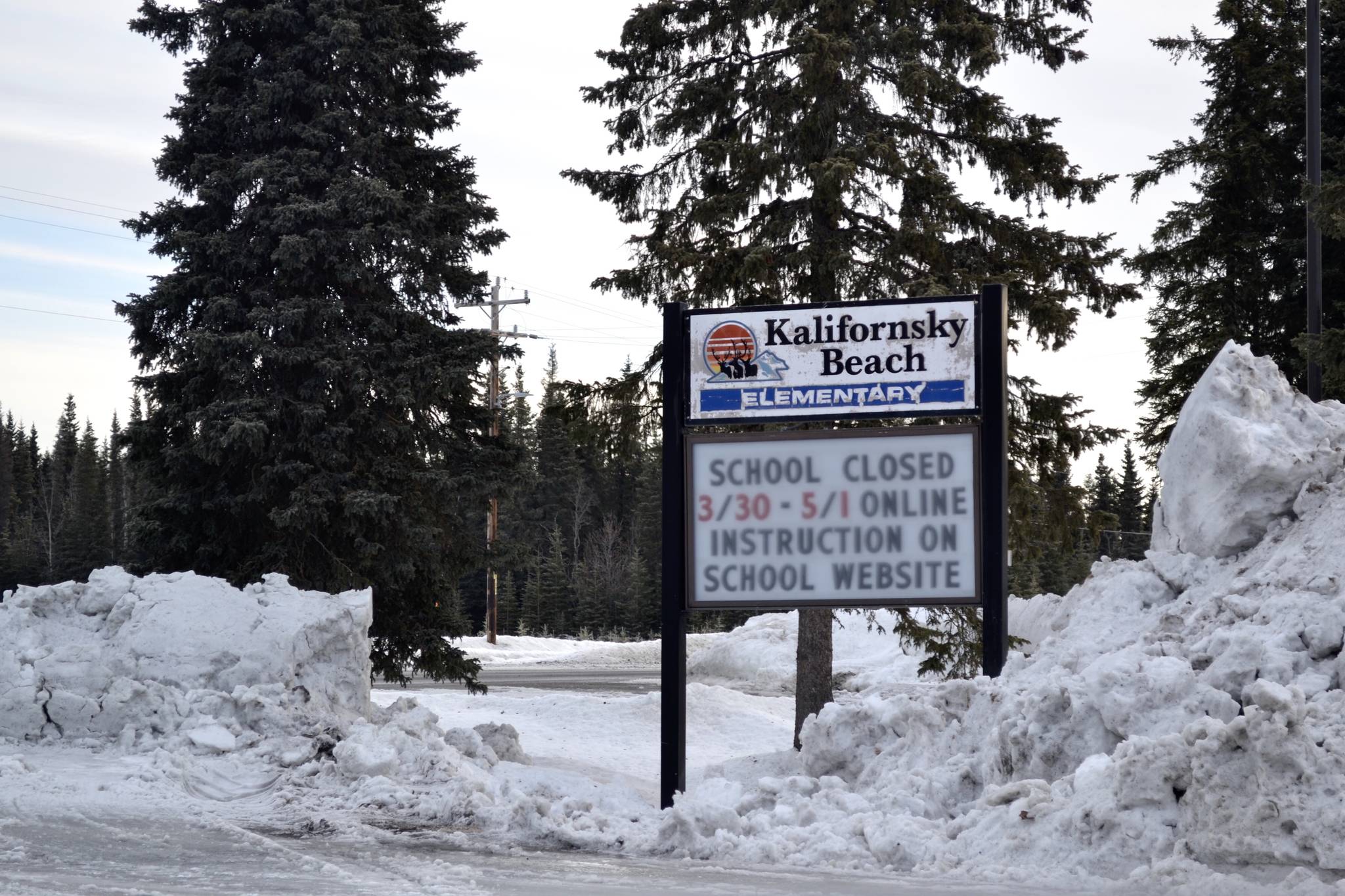Local education officials expressed concern and surprise after the state announced March 31 it had entered into a half-million dollar contract with an online public school based in Florida.
In mid-March, Gov. Mike Dunleavy ordered schools to close to “non-contact days” — which prohibited students from being in a school building.
Department of Education and Early Development Commissioner Michael Johnson said that’s when his team sought to do business with Florida Virtual School. A public online school that began in the 1990s, will offer courses for students from kindergarten through grade 12.
The school recently came under fire from Florida’s education department for accusations that the organization’s leadership was at fault for improper behavior and spending, according to a November 2019 article from the Orlando Sentinel.
At Monday’s Kenai Peninsula Borough School District Board of Education meeting, school board member Virginia Morgan said she was “shocked” when she heard about the Florida Virtual School agreement. She said she would also like to see the board encourage the state to contract with Alaska educators.
“We have teachers who are capable and qualified to offer online education and some were already doing so before this pandemic,” she said at the meeting.
Dave Brighton, president of the Kenai Peninsula Education Association, asked the board to take a position against the state’s contract with the Florida Virtual school. Brighton said he was “disheartened to see that our governor wanted to spend money outside of our community.”
“I just think it’s really sad to see half a million dollars leave Alaska when what we really need is to keep money in our state, in our communities to support our economy,” Brighton said at the meeting. “We work hard here in Alaska, we’re culturally relevant to our students here in Alaska, which in many ways are very unique. We don’t need to spend money Outside trying to look for what we’re doing here.”
Johnson said in an April 6 email that the state’s education department wanted to give Alaska districts another option for their emergency remote instruction. Districts are not required to use the school’s programs, which cost the state $525,000.
“Every educator in the state started working on ways to solve the challenges we knew we would face over the coming weeks,” Johnson said. “We knew there would be places in Alaska where educators would need assistance in offering the content needed to support learning for students at many grade levels and content areas.”
Johnson also called into the school board meeting, which was operating virtually, to speak to the board about the state’s efforts in transitioning districts to emergency remote learning. Johnson said the Kenai Peninsula Borough School District is “doing a fantastic job for students” and is “setting a high bar for districts around the state.”
He discussed the state’s new contract with the Florida Virtual School and said the intention for the virtual school is for districts to use it for free if they need the extra content. He said the department has no expectation for the school and it is not mandatory for districts to participate in its program. The department wanted districts to have “options,” he said. Right now, the department is working on sending out “a few hundred” pre-filled iPads to the state’s “most remote and smallest schools.”
He said educators can visit AKLearns.org to learn more.
He said in a small school, a teacher might have several grade levels and dozens of classes to teach. Transitioning to a remote learning model overnight, and still offering everything for every student, is “nearly impossible,” Johnson said.
Johnson said offering free virtual classes was one option the department could provide to support state districts at “no cost to small schools facing capacity issues.”
Johnson said the virtual school also offers families more options.
“We have also discovered that some families are concerned about their students being prepared for next year, so they are choosing virtual school coursework to extend learning for their children,” Johnson said. “Virtual school classes are simply one more option from which to choose.”

